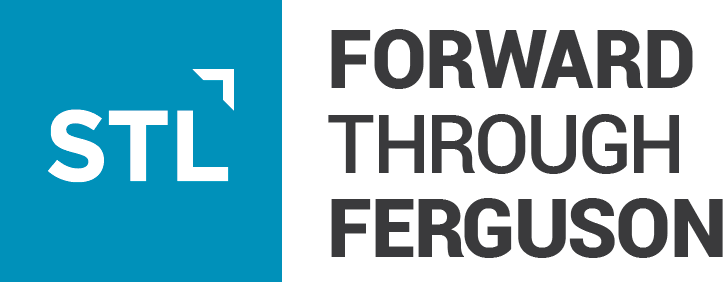Forward Through Ferguson Mayoral Primary Questionnaire
Question 2
Racial equity is an outcome, specifically the state where race no longer predicts outcomes in health, housing, wealth, education, crime, life expectancy, etc. Where do you feel racial equity ranks in the problems facing St. Louis? Why?
All 12 candidates participating in the March 7 primary were sent the following questions with a deadline of Thursday, February 23rd at 9am. Four candidates met that deadline and their answers are below, unedited and presented in last name alphabetical order.
Jump to: Tishaura Jones | Lyda Krewson | Johnathan McFarland | Jim Osher
Tishaura Jones (D)
Throughout my campaign I have consistently said my top three priorities are criminal justice reform, education, and examining all policies through a racial equity lens. Accordingly, racial equity is one of the most important issues facing St. Louis. Our city will never be able to compete in the global economy if all of our residents, regardless of race, are not able to access a quality education and living wage. As Treasurer, I have worked towards eradicating the racial wealth gap by creating the Office of Financial Empowerment, which is one of the calls to action in the Forward Through Ferguson report. St. Louis has one of the largest populations of unbanked and underbanked African-Americans in the country. The Office of Financial Empowerment helps African-Americans obtain mainstream banking, provides free financial literacy education, and one-on-one credit counseling. I also started the second ever municipal college savings program in the country for all public school kindergartners to help improve education.
Lyda Krewson (D)
Racial equity ranks at the top of the issues facing St. Louis because it permeates all other problems. To achieve outcomes that are no longer predictable by race we must begin to align and allocate resources in a way that is reflective of the magnitude of problems in a given neighborhood rather than simply dividing dollars equally across 28 wards. This means that our approach to everything from neighborhood safety and poverty relief to housing and education must consider the history of that neighborhood’s problems and offer solutions that are relevant and sufficient to that place. One size fits all approaches in the name of equality must no longer be our city’s default. As mayor, I will commit to being a leading voice for equity and ensuring our city’s resources are utilized in a way that best addresses our deepest problems with racial equity at the forefront of every solution.
Johnathan McFarland (G)
It is my opinion that racial equity is the biggest issue facing our city. St. Louis has a history that has resulted in the disenfranchisement of almost half of its citizens. Due to benign neglect, a large portion of our city is in ruins, and the only efforts made to repair blighted areas have been done through gentrification. We are scheduled to close another 7 public schools in the coming year, while we have extremely overcrowded classrooms. In many of our communities, people do not feel safe; and the answer from the city has been to increase police and surveillance cameras. These are methods that are not proven effective, and do not address the underlying causes of safety concerns.
There has been no priority placed by our city administration to correct these issues; they do not see the value in it, perhaps because they do not see the value in black lives. My goal as Mayor will be to implement the community school model, which will have a great impact on education, health, crime, and quality of life in general for many of our African American citizens. We have to look at every aspect of the problems facing our city with racial equity in mind.
Jim Osher (R)
I feel that many children of the poorer neighborhoods don’t get a fair shake because of the family situation, mothers are left to raze their children in a single parent home, and is left to care for the kids, work to pay for it all as the father is incarcerated or just simply is no where to be found.
Child support is an issue since many of the fathers have been in previous trouble and then left to only find work at low paying temp agencies and then after child support they are left with only a few bucks so they just prefer to not work since it’s just not worth it, which drives them to higher paying illegal drug sales which then starts the cycle all over again except now taking many more lives down the same path.
When the kids are young with no parent around they are looking for the parent figure and then find it in the gangs, and then this also keeps the cycle going.
The biggest issue I have seen is the disparity between people living North and South of Delmar. It is really sad to see such a difference by just one road…
